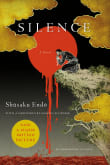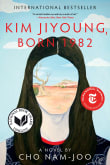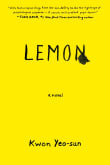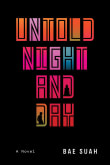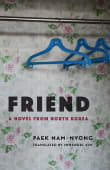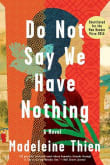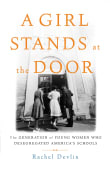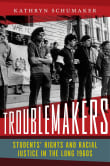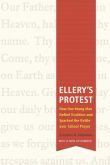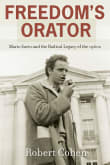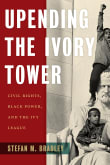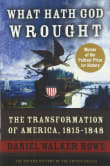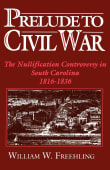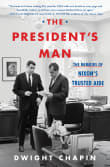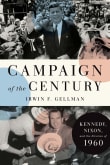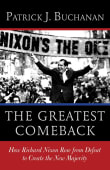Human Acts
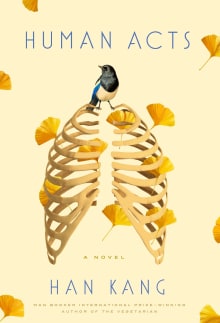
Book description
Gwangju, South Korea, 1980. In the wake of a viciously suppressed student uprising, a boy searches for his friend's corpse, a consciousness searches for its abandoned body, and a brutalised country searches for a voice. In a sequence of interconnected chapters the victims and the bereaved encounter censorship, denial, forgiveness…
Why read it?
2 authors picked Human Acts as one of their favorite books. Why do they recommend it?

Kang’s sentences are short and tidy and clearly well-translated into English from Korean, and I was immediately drawn into the novel through the almost staccato rhythms of the prose. A small warning: this story comes with ghosts.
The plot is a fictionalization of a horrific event in Korean history in which soldiers opened fire on thousands of students protesting the 1980 military coup, killing somewhere between 600 and 2,300 civilians. The story was actively suppressed by the Korean government—hence the uncertainty over numbers.
Using this as a backdrop, Kang personalizes the violence and political upheaval of Korea in the 1980s,…
From Matthew's list on silenced histories of Korea, Japan, and China.

I first became aware of Han Kang through her terrific novel The Vegetarian, so when this novel came out, I was keen to read it. I was especially drawn to it because it involves Korean characters looking back at the Gwangju massacre, a horrific event that took place in 1980, just two years after I left Korea following my Peace Corps service there. When I taught at a university, anti-government demonstrations by students were already being tightly watched, and one of my students vanished in a crackdown. I never learned what happened to him, but he didn’t return to…
From Clifford's list on contemporary Korean society.
Want books like Human Acts?
Our community of 12,000+ authors has personally recommended 100 books like Human Acts.


